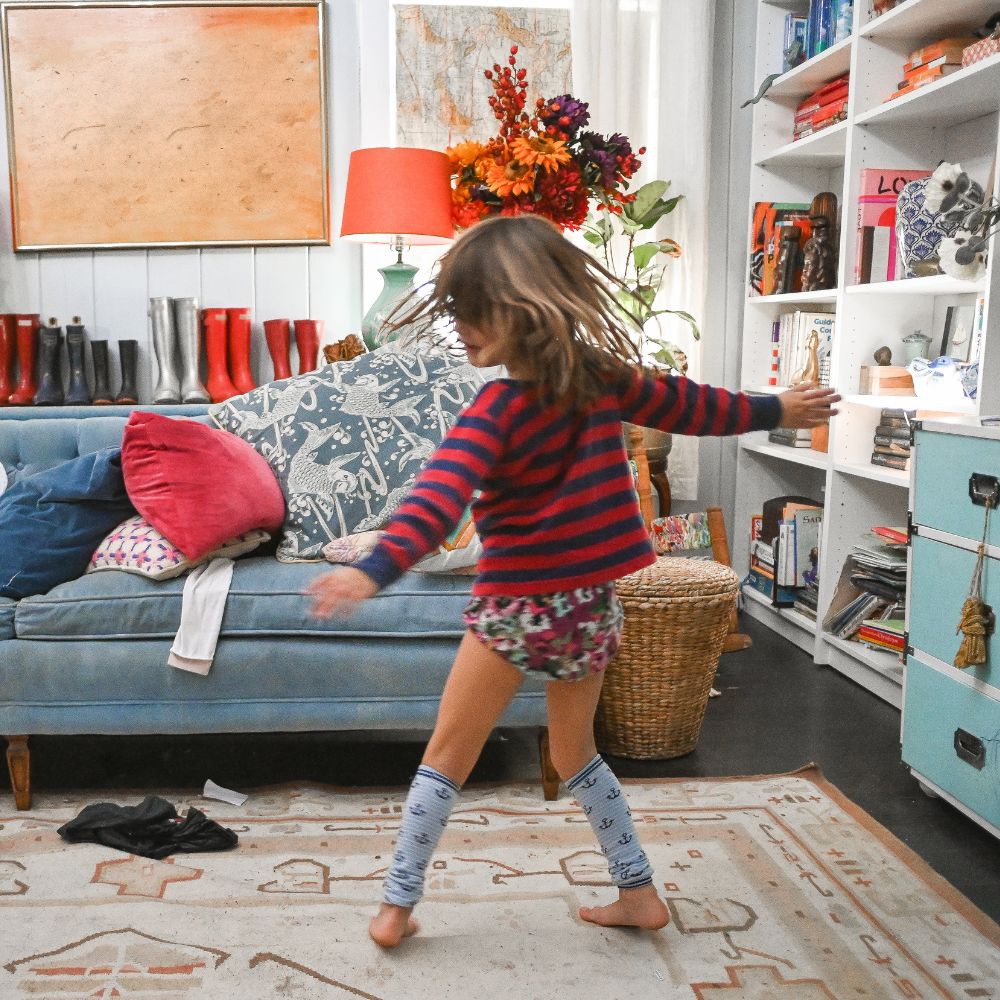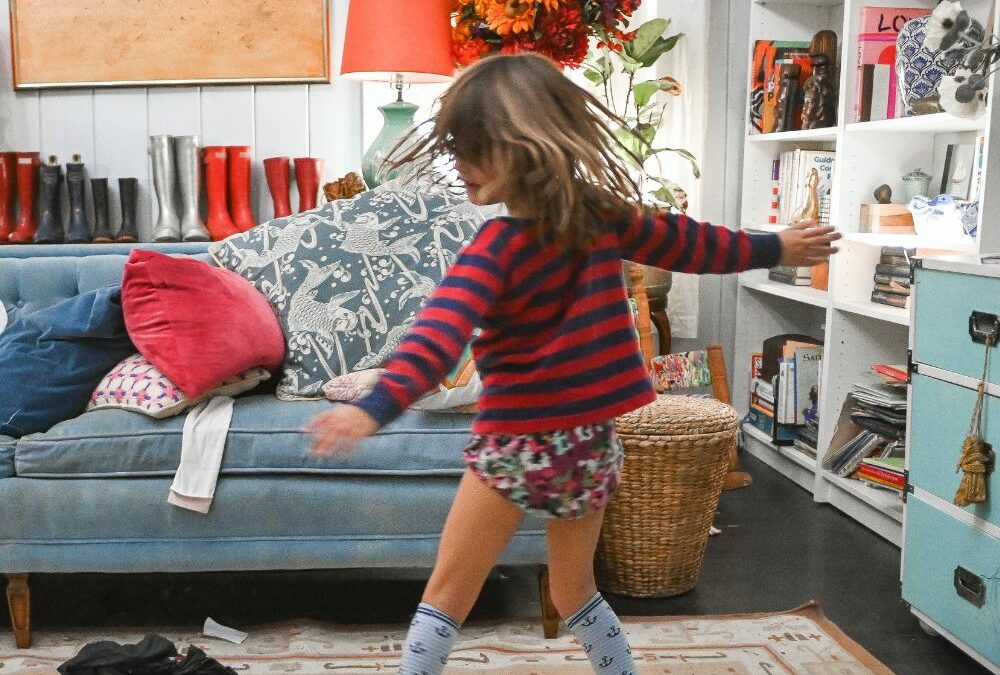
The holidays, while magical and heartwarming, can also bring unique trials for families navigating the diverse needs of their children. Years of cultural indoctrination create within us an internalised sense of pressure to create the ‘perfect’ Christmas/Hanukkah/ New Year’s Eve etc. If reality falls short, it’s easy enough to take this as evidence for our failure to meet the standards society tells us we should expect. Our failure to plan perfectly, afford the ‘right’ gifts, or a failure of our family to meet the standard of ‘perfect families’ with happy relationships and elegant table manners can lead us to believe that we are losing at life.

The reality is, no one has the budget, energy or perfect blend of skills to achieve a ‘Hallmark holiday,’ but even if we know this, we often can’t help but feel like somehow if we were only ‘better’ we could achieve it. Instead of falling into a heap of despair, let’s channel those feelings into something useful, and bring consciousness to the process of holiday planning so that next year will get closer to meeting your expectations and more importantly, meeting you and your family’s needs.
Reflecting on what worked? Ask your body
In the age of Instagram, it can be so easy to focus on what things look like, we forget to check in with what they feel like. Our neurodiverse (ND) kids are often the ‘canaries in the coal-mine’ that help us to identify when the balance between conforming to the social ideal and what actually brings joy has been tipped. The reality is, what looks good online often doesn’t feel good to create. It requires adults wrestling control away from excited kids, and art-directing and staging. It doesn’t actually promote togetherness. The holidays have a funny way of making us measure our family traditions against the picture-perfect scenes we see on social media, but our neurodiverse kids tend to drag us back into the sensory-filled-present moment. If we follow their lead, we might actually find our way to a greater sense of joy. The truth is, our families are beautifully imperfect, and that’s what makes them uniquely ours. The temptation to throw ourselves towards the perfect image actually often kills the joy and is when our ND kids sense that we have dropped our end of the connection that creates their sense of safety. Meltdowns ensue.

Write down the challenges while they are fresh
The holiday period can create a kind of amnesia of what we have learned about ND life in the bid to achieve the hallmark moment. So, while the memories of what went wrong are still fresh, write them down so you have them recorded as you start to plan holidays (birthdays or any big celebrations) for future occasions. I like the solidity of a book to keep these reflections in, but a note in your phone is great too.
Compassionately recognise the challenges that arose during the festivities. Maybe unexpected noises, bright lights, or changes in routine presented difficulties for your neurodiverse child. Maybe you don’t yet have clarity about what happened, but a particular event felt like a total mess. Reflecting on these challenges without judgement allows you to better understand your child’s needs and opens the door to finding solutions that promote a more inclusive and comfortable environment. Were there too many smells at Christmas lunch? Too many people? Too much pressure to sit at the table and eat?
Start with what didn’t work and just write a list without trying to solve or judge any of it. But just record this data and then say to yourself. ‘Wow, that was a lot to navigate. No wonder I am tired/frustrated/annoyed/exhausted/disappointed (or whatever it is you are feeling).’ Your feelings are valid and need identifying and acknowledging. You have a right to them just as much as your kids have a right to their meltdowns. The importance of acknowledging the feelings is that you can then identify the source of those feelings. Hint, it’s unlikely to be your child’s neurodivergent behaviours, it’s more likely to be the sensation of trying to stuff a square peg into a round hole. If you can change the shape of the hole, you won’t damage the peg in the process of helping it fit in
Embracing change for next year
Change is a constant in life, and the holiday season is no exception. Embrace the opportunity to make positive changes for next year. This might involve adjusting traditions, creating new sensory-friendly activities, or finding ways to communicate holiday plans effectively with your child or other participants. Your willingness to adapt not only enhances your child’s experience but also fosters a sense of understanding and support within the family.
Setting intentions
Before the pressure and chaos of the holidays approach again, consider setting intentions for a more inclusive and harmonious holiday season. These intentions may include fostering an environment that accommodates your child’s unique needs, educating friends and family about neurodiversity, or simply embracing the beauty of your family’s uniqueness. By setting positive intentions, you create a roadmap for a more mindful and connected holiday season. Don’t forget to set intentions for yourself. How do you want to feel at this time next year? What needs to be put in place to usher in that vision and those feelings for you and your family next year?
The journey of parenting is a continuous learning experience. By reflecting on the holiday season with kindness and empathy, you pave the way for growth and understanding. Celebrate the uniqueness of your family, learn from the challenges, and set intentions that promote a holiday season filled with love, joy, and inclusivity. May your reflections bring newfound strength, resilience, and beautiful moments for you and your wonderfully imperfect family.
Much love and strength, Holly
18 JANUARY 2024
WRITTEN BY HOLLY KARTEN
ND PARENT | EDUCATOR


